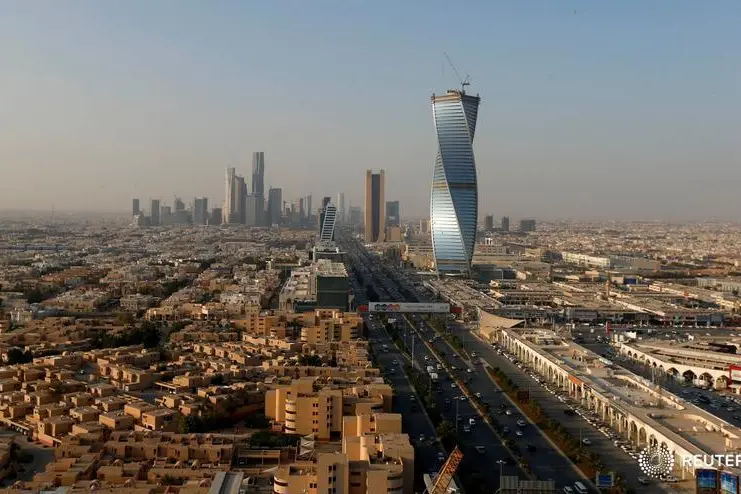PHOTO
RIYADH: Saudi Arabia will increase government spending next year and slow an austerity drive as it struggles to lift the economy out of recession in the face of low oil prices, according to a state budget released on Tuesday.
Riyadh plans to boost spending to a record 978 billion riyals ($261 billion) in 2018, the finance ministry said. That is up from 890 billion riyals in the original 2017 budget plan.
As a result, the pace of decline in the government's budget deficit will slow next year. The 2018 deficit is projected at 195 billion riyals against an actual 230 billion riyals in 2017.
In a speech, King Salman formally announced that the target date for eliminating the deficit would be pushed back to 2023, from the original target of 2020. Finance ministry officials had already informed local economists of the change last month.
By imposing new taxes and slashing spending in some areas, Riyadh has been battling to bring down its deficit since 2015, when lower oil export revenues produced a record budget gap of 367 billion riyals or about 15 percent of GDP.
The austerity drive has restored investor confidence in the Saudi currency and financial markets but taken a heavy toll on the economy, where private sector growth has slowed to a crawl. Data for the first half of 2017 showed the overall economy in recession, partly because of cut-backs in oil output.
That has prompted the government, under pressure to cut an unemployment rate among Saudi citizens that is officially put at 12.8 percent, to plan on loosening its purse strings next year.
(Reporting by Katie Paul and Rania El Gamal; Writing by Andrew Torchia, Editing by William Maclean) ((andrew.torchia@thomsonreuters.com; +9715 6681 7277; Reuters Messaging: andrew.torchia.thomsonreuters.com@reuters.net))
Riyadh plans to boost spending to a record 978 billion riyals ($261 billion) in 2018, the finance ministry said. That is up from 890 billion riyals in the original 2017 budget plan.
As a result, the pace of decline in the government's budget deficit will slow next year. The 2018 deficit is projected at 195 billion riyals against an actual 230 billion riyals in 2017.
In a speech, King Salman formally announced that the target date for eliminating the deficit would be pushed back to 2023, from the original target of 2020. Finance ministry officials had already informed local economists of the change last month.
By imposing new taxes and slashing spending in some areas, Riyadh has been battling to bring down its deficit since 2015, when lower oil export revenues produced a record budget gap of 367 billion riyals or about 15 percent of GDP.
The austerity drive has restored investor confidence in the Saudi currency and financial markets but taken a heavy toll on the economy, where private sector growth has slowed to a crawl. Data for the first half of 2017 showed the overall economy in recession, partly because of cut-backs in oil output.
That has prompted the government, under pressure to cut an unemployment rate among Saudi citizens that is officially put at 12.8 percent, to plan on loosening its purse strings next year.
(Reporting by Katie Paul and Rania El Gamal; Writing by Andrew Torchia, Editing by William Maclean) ((andrew.torchia@thomsonreuters.com; +9715 6681 7277; Reuters Messaging: andrew.torchia.thomsonreuters.com@reuters.net))





















